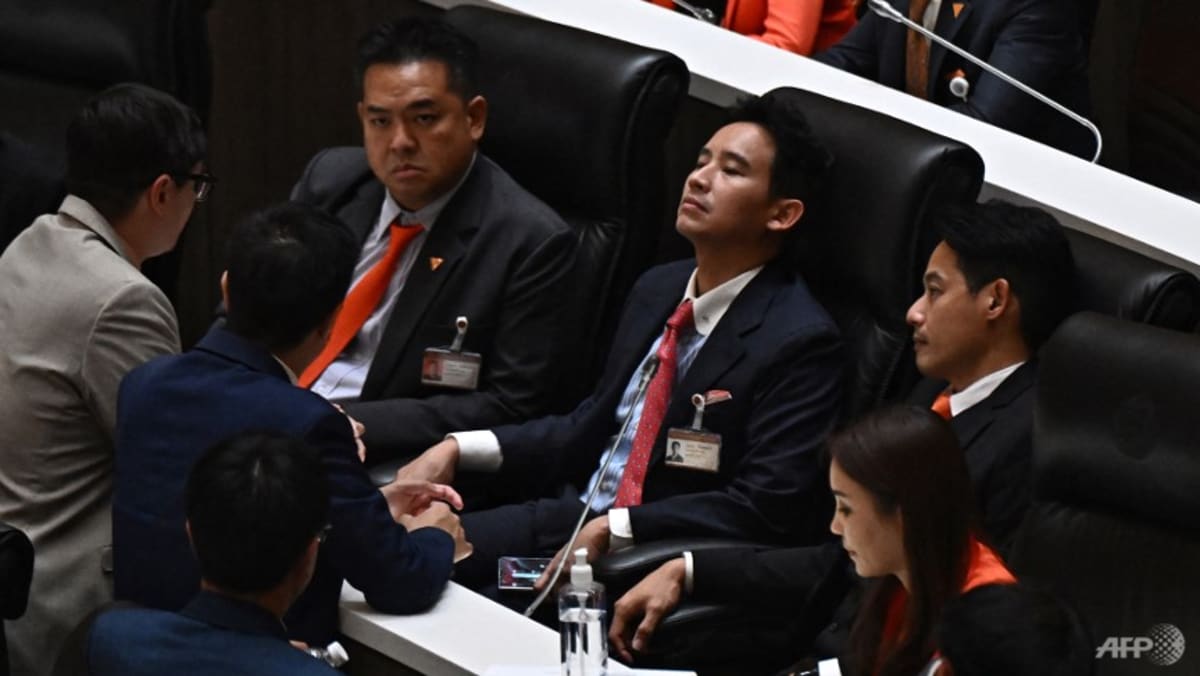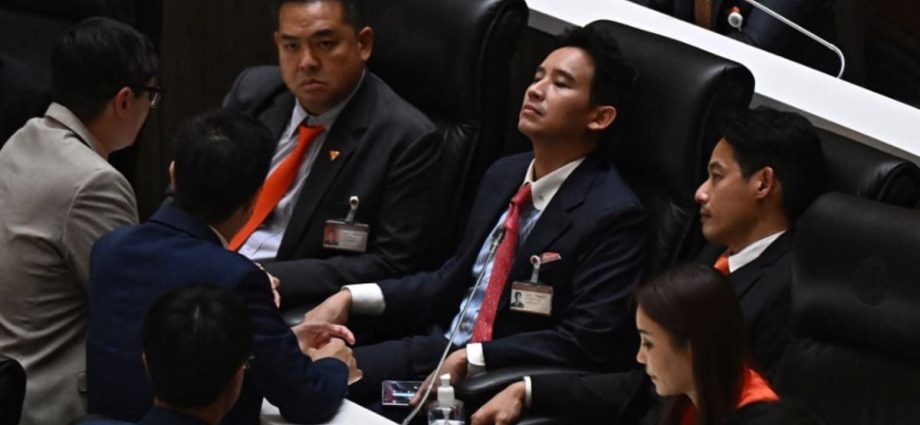
VOICE OF THE PEOPLE IGNORED?
Looking towards the medium to long term, the implications of these developments extend far beyond party politics. They have the potential to ignite substantial frustration and discontent, particularly among those who perceive Pita’s failure to secure the necessary support as evidence that the democratic process has been compromised by actors and institutions that prioritise their own interests over the popular will.
This growing disillusionment among the public may intensify calls for political reforms and a thorough re-evaluation of the role and accountability of various power structures within the political system, such as the Senate, the Constitutional Court, and the Election Commission.
However, the absence of a clear and effective pathway for formally addressing these grievances poses a significant challenge. For instance, to revoke the Senate’s authority to jointly select the prime minister, amending Section 272 of the Constitution is necessary. But amending the Constitution requires the backing of at least one-third of senators, as stipulated by Section 256.
The limited avenues for meaningful engagement and redress can further erode public trust in the existing political institutions, leading to widespread mobilisation and street protests with ever-increasing frequency and intensity. That said, however, historical precedents have shown that social unrest and emergencies are often used as a pretext for the military to intervene in the name of maintaining peace and order.
In conclusion, the political future of Thailand hangs in the balance. If the selection process fails to produce a successful candidate for the role of Prime Minister, Section 272 (2) of the 2017 Constitution allows for the possibility of an outsider being considered as a potential candidate for the position. This scenario remains unlikely due to stringent requirements; moreover, there is no guarantee that the candidate would serve as a neutral arbiter or independent third party.
Ultimately, these developments underscore the stark reality that leaders in Thailand are not elected by the will of the people but rather permitted to rise to power with support or at least acquiescence of the conservative establishment. Now that the true nature of democracy, or the lack thereof, in Thailand has been revealed, it remains to be seen what actions and measures will be taken by the Thai people whose voice and choice seem to have been trampled upon.
Napon Jatusripitak is Visiting Fellow in the Thailand Studies Programme at ISEAS – Yusof Ishak Institute, and PhD Researcher at Northwestern University. This commentary first appeared on the Institute’s blog, Fulcrum.

